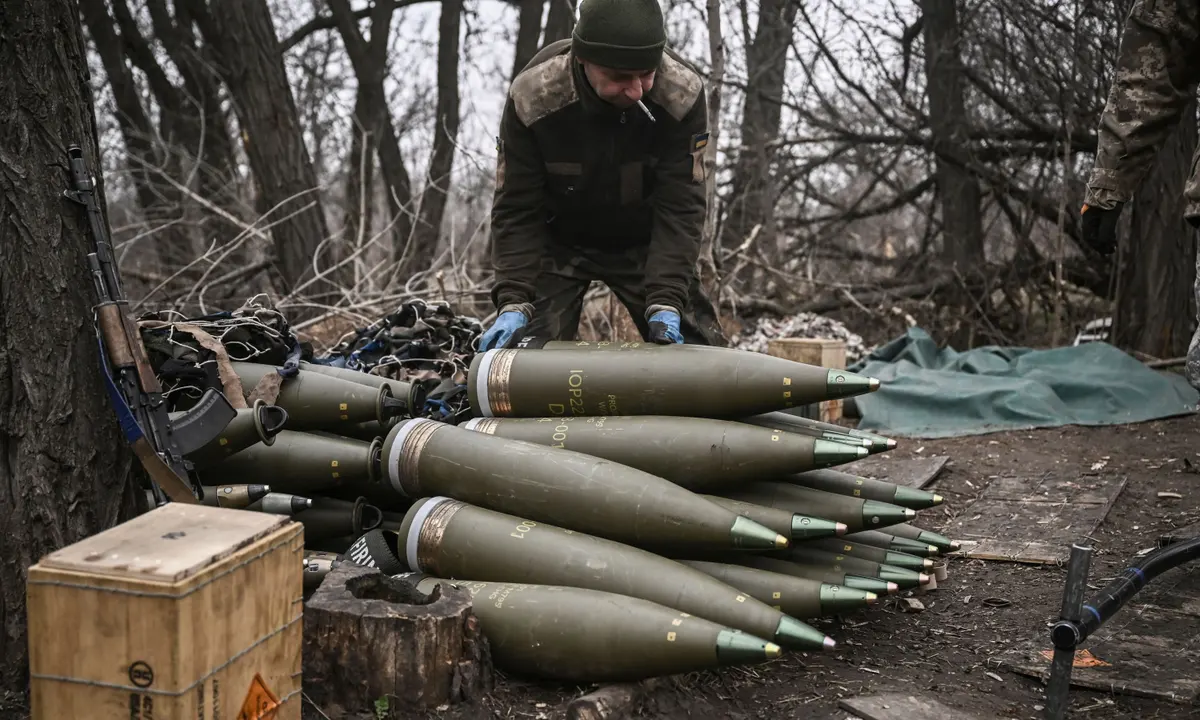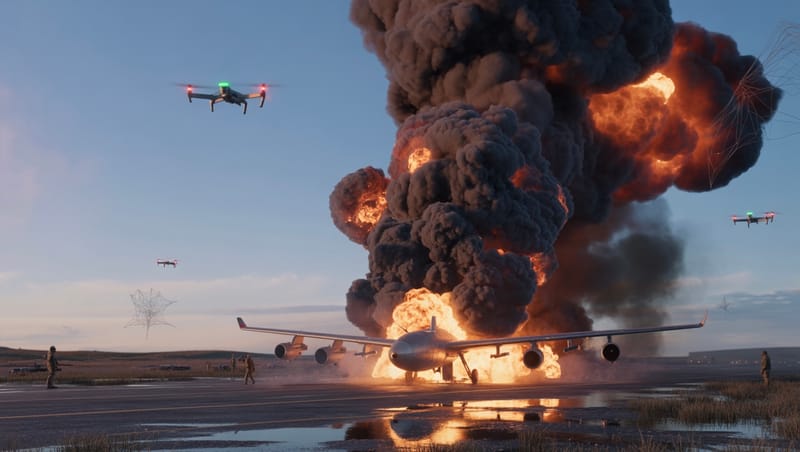European Union's Challenges in Meeting Ammunition Supply Commitment to Ukraine
In a recent development that may impact the ongoing conflict in Ukraine, the European Union (EU) has indicated it is highly unlikely to fulfill its promise of supplying 1 million rounds of artillery ammunition to Ukraine by March 2024. This revelation was made during a briefing by the European External

In a recent development that may impact the ongoing conflict in Ukraine, the European Union (EU) has indicated it is highly unlikely to fulfill its promise of supplying 1 million rounds of artillery ammunition to Ukraine by March 2024. This revelation was made during a briefing by the European External Action Service to EU diplomats. The pledge, initially aimed at bolstering Ukraine’s defenses against Russia, included tapping into existing stockpiles and fostering joint procurement contracts to boost production capacity.
However, despite these efforts, progress has been slower than anticipated. As of now, only about 30% of the ammunition target has been met, with the EU falling significantly behind its schedule. This shortfall is attributed to various factors, including logistical challenges and reluctance from some member states to share detailed information about their contributions.
The situation is further complicated by Russia's ability to increase its own ammunition production, reportedly aided by supplies from North Korea. The urgency to supply Ukraine is palpable, especially considering the possibility of diminished U.S. military assistance in the future due to funding issues and the upcoming presidential election in the United States.
The EU's struggles to meet its ammunition pledge to Ukraine highlight a broader challenge within the union. Member states are engaged in ongoing debates over the extent and nature of military and financial support to Ukraine, with discussions often stymied by differing opinions and priorities.
This development poses significant concerns for Ukraine, which is preparing for a protracted conflict. The European shortfall in ammunition supply, coupled with potential changes in U.S. support, could critically impact Ukraine’s ability to sustain its defense efforts against Russia. The issue is set to be a key topic in the upcoming meeting of EU defense ministers, as the bloc grapples with the complexities of fulfilling its commitments amidst a challenging geopolitical landscape.




